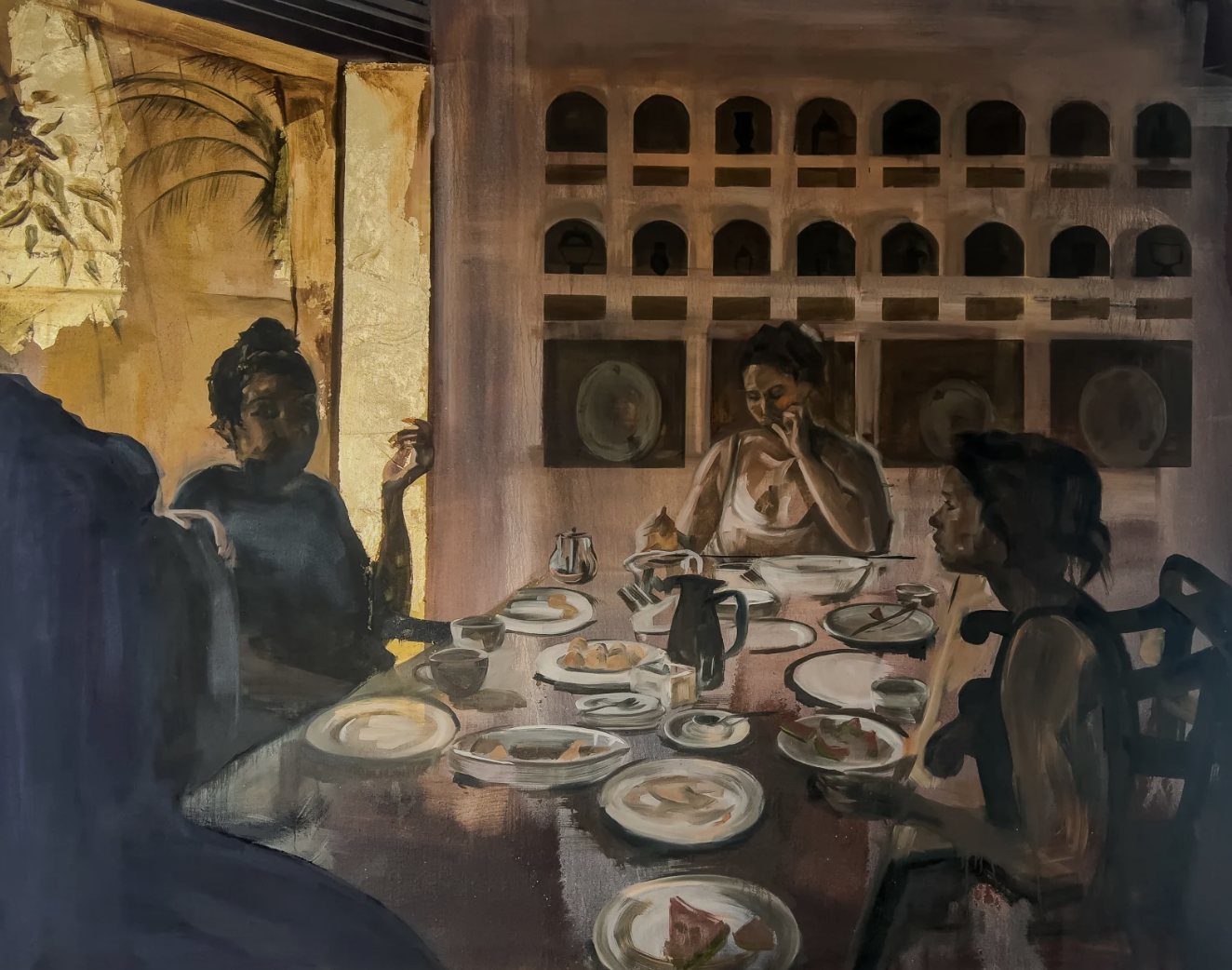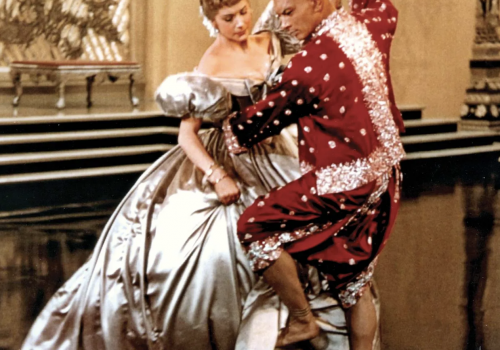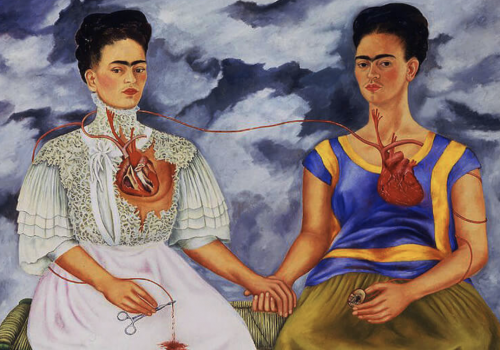I want to say upfront this because I know calorie counting, body image, and food talk can be deeply sensitive and I’m not here to dismiss anyone’s recovery or invalidate the real harm of diet culture. But I also can’t help noticing that when it comes to food freedom, intuitive eating, and body positivity, the people getting praised often look a certain way, and it’s not like me. People who exist in a bigger bodies, are often taught that our appetites are dangerous, as if every slice of bread is a character flaw.
There’s this phrase,“just listen to your body”, that floats around online wellness spaces like gospel. Intuitive eating, nourishing yourself and honouring your hunger, all sounds lovely in theory but in reality, intuitive eating is a privilege reserved for people whose bodies already align with society’s ideal. If you’re bigger, your hunger isn’t treated like a biological cue but framed as a failure. Cravings aren’t an invitation to connect with your body but proof that you lack willpower. I’ve walked into M&S, smelled the almond croissants, felt my entire body scream EAT ME and immediately layered that sensation with guilt, because I know if I act on that hunger, the world sees it as greed, not intuition. It’s interesting how “intuitive eating” gets positioned as this radical, anti-diet-culture rebellion but only when thin people do it. Slim people can eat pizza, pasta, pastries and post about their “balanced lifestyle.” Bigger people eat the same, and suddenly it’s a problem. Everyone loves a women who can eat (unless she’s fat.)
They say it’s about health, but that’s selective and nobody interrogates a thin person’s cholesterol levels or blood pressure over a croissant and iced coffee for breakfast. Hunger is something everyone experiences, but the shame that comes with it isn’t shared equally. While people of all sizes can struggle with complicated feelings around food, fat people often face an extra layer of systemic judgment and stigma. When a slim person says they’re “intuitively eating” or “just listening to their body,” society tends to accept that narrative without question. But when a bigger person tries to do the same, they’re met with skepticism, assumptions about willpower, or outright shaming. This isn’t just about personal feelings, it’s about the way culture polices fat bodies, making hunger feel like a moral failing instead of a basic need. That systemic pressure means fat people often internalise guilt for simply being hungry or eating enough, while slimmer people usually don’t face the same scrutiny, even if they wrestle with food anxieties in other ways and recognising this difference is important.
I’ve noticed a popular trend where people who’ve lost a lot of weight share what they ate before their weight loss journey, often highlighting extreme eating habits. While I respect every individual’s story, I think it’s important to remember that not all fat people secretly binge or overeat. Weight is so complex and is influenced by hormones, metabolism, genetics, mental health, medication, and a thousand other factors. I have a friend who has mentioned the channel 4 show ‘Secret Eaters’ from the early 2000s more times than would be considered polite, with the unspoken assumption that I must be getting up at midnight and giving Bruce from Matilda a run for his money. But the truth is, my eating habits aren’t a secret and neither is the reality that weight gain or loss isn’t just about what’s on your plate. I share this not to invalidate anyone’s journey but to push back against the stereotype that being bigger automatically means eating too much. Everyone’s story is different, and it’s time we stop making assumptions based on size alone.
Because whilst people love to say they are just concerned about the health of fat people, it’s funny how that concern only seems to show up when someone exists in a bigger body. If you’re thin? Your health is your business. You can live off Diet Coke and Marlboro Lights and no one cares. But if you’re fat? Suddenly everyone’s a nutritionist. It’s not about health, it’s about who gets to take up space without apology. Health has been so moralised as a currency that we forget that it is not guaranteed as a reward for being disciplined, or a reflection of your value as a person. Plenty of people, through no fault of their own, live with poor health. Others do everything ‘wrong’ and thrive. The truth is, bodies are unpredictable but society only sees ‘acceptable’ bodies as worthy of compassion, regardless of health status.
And then, there’s history. I think a lot about how, for many of us from the African and Caribbean diaspora, exist in bodies that carry more than just what we eat now but also the legacy of survival. Generations of people whose lives were shaped by scarcity, famine, colonisation, forced labour. Bodies that learned to hold onto energy because food wasn’t always guaranteed. It’s literally in our DNA. But society doesn’t want to talk about that when it’s easier to just shame people for existing outside a narrow, Eurocentric beauty ideal. We’re expected to override biology, history, environment, as if it’s all just willpower and salads. That’s why I’m trying to give myself grace. To unlearn the guilt around hunger. To remind myself that my body is not broken, it’s responding to generations of history, my current environment, and the same biological signals everyone has… even if society only lets certain bodies honour those signals without judgment.
Featured image No man is an island entire of itself by Emma Prempeh (2024)









Leave a Reply